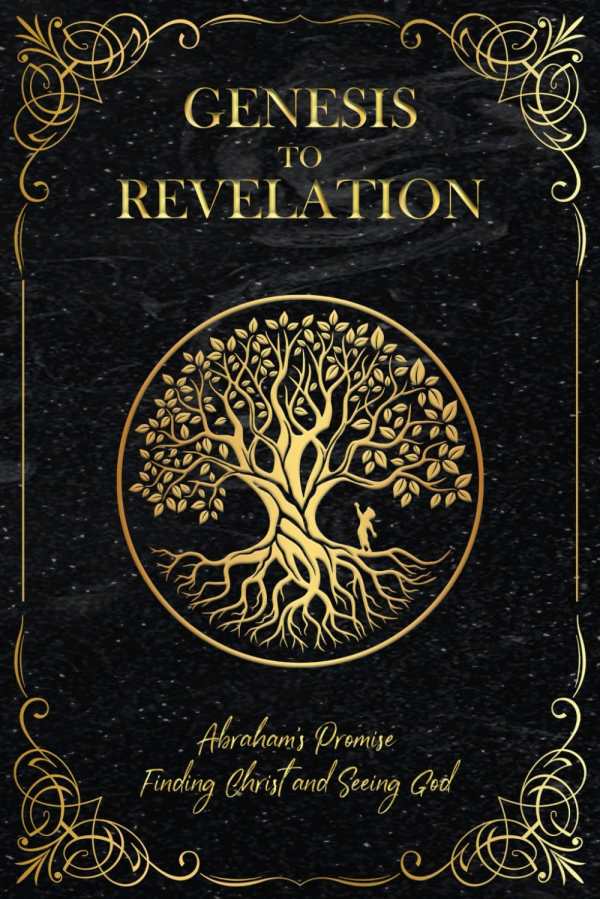Genesis to Revelation
Abraham's Promise, Finding Christ, and Seeing God
Genesis to Revelation takes an enlightening multidisciplinary approach to biblical interpretation.
In Genesis to Revelation, Michael McPadden proposes approaching the Bible with the worldviews of its authors in mind.
As a challenge to contemporary Christian theology, the book addresses the symbolism within the books of Genesis, Exodus, Ephesians, and Revelation. Herein, the Bible is treated not as a record of actual historical occurrences but as a mythological collection of stories told to convey deeper concepts that an awakened consciousness will grasp. With this in mind, the book muses on where people came from, what went wrong in human history, how people might fix the world, and what comes next, approaching the Bible as a three-act story of humanity’s trajectory: life before the ego (or, spiritual consciousness as sometimes seen in belief systems), life as ego, and the death of the ego following resurrection through Jesus.
There is an attuned interdisciplinary component to the book, which includes theories regarding the relevance of God to the human psyche, from the Genesis story of the man, the woman, and the serpent onward. Creation stories from various cultures are also referenced as a source for Genesis. Exodus is treated as the ultimate hero’s journey, with the universal monomyth recast as the story of the human soul. Further, the duality of the physical and spiritual realms is referenced throughout in regard to God and man. And scientific explanations of how the human brain works are used to explain spiritual “brain facts” and physical realities that result in “factless truth.” Less academic are the book’s pop-culture references, which draw connections between Bible stories and modern-day movies and books with the intention of aiding in biblical comprehension.
But the book is also well grounded in biblical and linguistic studies: Strong’s Concordance and The American Heritage Dictionary are referenced throughout, used to highlight the roots of Greek and Hebrew words and expose mistranslations of the Bible. References are made to words with multiple meanings or whose meanings are dependent on contemporaneous worldviews. Various languages, culture references, and the importance of time are incorporated to enlightening effect as well. And the book’s ideas are reinforced by the repeated, careful deciphering of scriptural excerpts to support the notion that the Bible represents a symbolic spiritual journey, complete with its own instructions, map, and compass to guide people toward Christian enlightenment.
Representing a challenge to contemporary readers, who may find their beliefs challenged in fresh, uncomfortable ways, Genesis to Revelation takes a mythological and scientific approach to the Bible to meditate on the creation of the world, human existence, and humanity’s ultimate purpose with God.
Reviewed by
Mary McNichol
Disclosure: This article is not an endorsement, but a review. The publisher of this book provided free copies of the book and paid a small fee to have their book reviewed by a professional reviewer. Foreword Reviews and Clarion Reviews make no guarantee that the publisher will receive a positive review. Foreword Magazine, Inc. is disclosing this in accordance with the Federal Trade Commission’s 16 CFR, Part 255.

